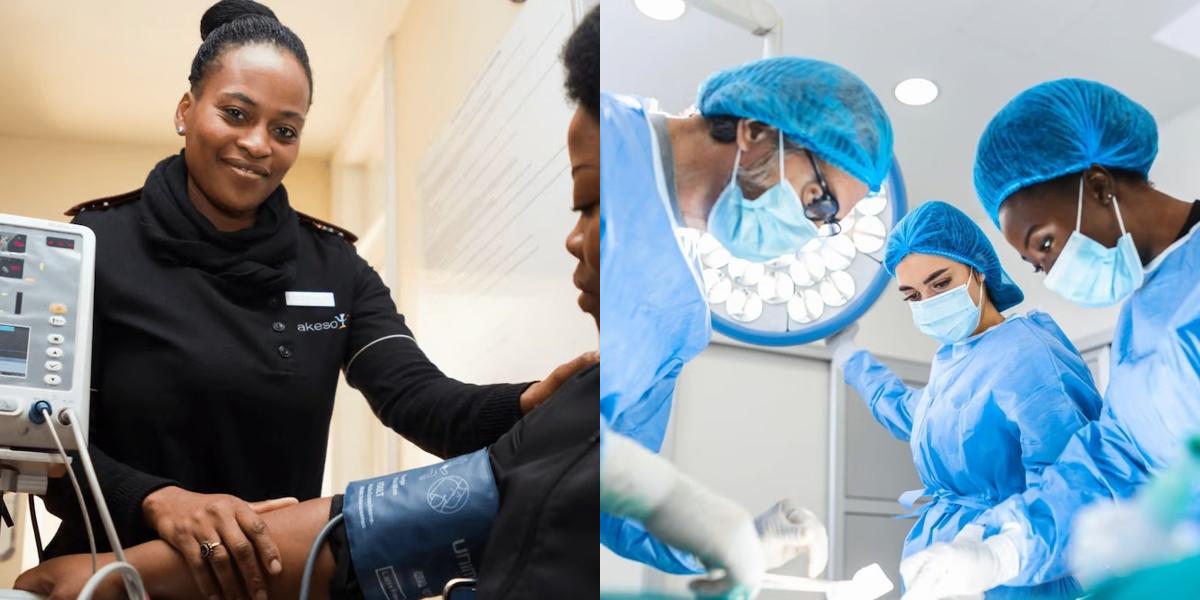Patient Care Technician vs Surgical Technician

Patient care technicians and surgical technicians both play vital roles in direct patient care—but their responsibilities, training, and career paths are very different. Here's how they compare in duties, salary, education, and job outlook.
How to Become a Patient Care Technician
- Be at least 18 with a high school diploma or GED
- Enroll in a PCT training program (4–12 weeks)
- Complete hands-on training
- Earn certification (varies by state)
How to Become a Surgical Technician
- Be at least 18 with a high school diploma or GED
- Complete a surgical technician program (12–24 months)
- Pass the CST certification exam from NBSTSA
- Apply to hospitals or surgical clinics
Career Outlook & Salary
Patient Care Technician
Surgical Technician
Which Is Better for You?
Choose Patient Care Technician if you want to:
- Start working quickly
- Focus on day-to-day patient care
- Work under nurses in hospitals or long-term care
Choose Surgical Technician if you want to:
- Be part of surgical procedures
- Learn sterile technique and surgical tools
- Earn a higher salary in a technical setting
Final Thoughts
Both careers offer strong job growth and the chance to make a difference. If you’re looking for fast entry and bedside interaction, patient care technician training is a great option. If you’re drawn to surgery and sterile environments, surgical technology may be the better fit.
Explore Dreambound to find the best training programs near you. Read these other blogs:

Sunshine is a member of the School Growth team at Dreambound, where she assists students and schools with their billing and onboarding needs. She is a licensed mechanical engineer. Outside of work, she enjoys road trips with her family, discovering cozy cafes, and exploring her love for art.



